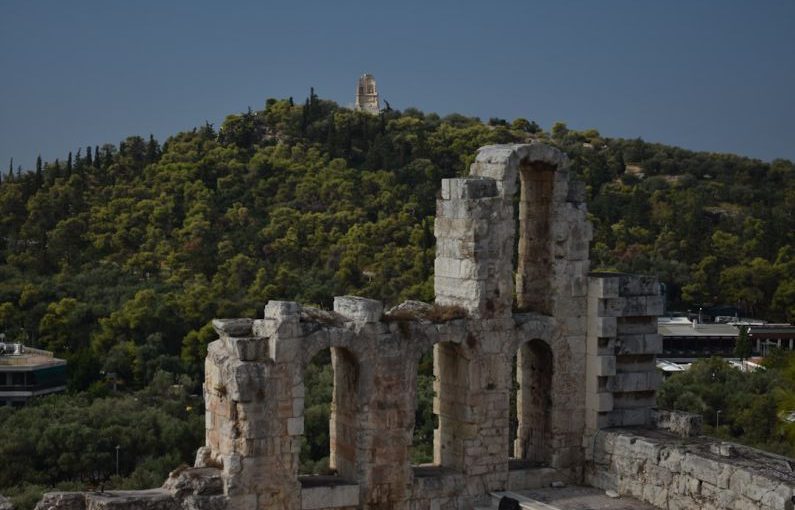Perched high above the bustling city of Athens, the Acropolis stands as a symbol of the grandeur and legacy of ancient Greece. This iconic hilltop citadel, crowned by the magnificent Parthenon, continues to captivate visitors from around the world with its profound historical significance and architectural splendor.
**A Timeless Symbol of Power and Prestige**
The Acropolis of Athens, dating back to the 5th century BC, served as the epicenter of the city-state’s cultural, political, and religious life. Positioned strategically above the city, this sacred site housed various temples dedicated to the worship of the gods, including the renowned Temple of Athena, the patron goddess of Athens. The construction of the Parthenon, a temple dedicated to Athena Parthenos (Athena the Virgin), marked a pinnacle of ancient Greek architecture and engineering, showcasing the sophistication and artistic prowess of the Athenian civilization.
**Architectural Marvels of the Acropolis**
The Acropolis is a treasure trove of architectural marvels, with each structure bearing testament to the ingenuity and craftsmanship of ancient Greek artisans. The Parthenon, with its Doric columns and intricate friezes depicting mythological scenes, remains a masterpiece of classical architecture. The Erechtheion, another significant temple on the Acropolis, is distinguished by its elegant Ionic columns and the iconic Porch of the Maidens, featuring six draped female figures serving as columns.
**A Cultural Epicenter**
Beyond its architectural splendor, the Acropolis served as a hub of cultural and intellectual activity in ancient Greece. It was here that renowned philosophers such as Socrates, Plato, and Aristotle engaged in philosophical discourse, shaping the foundations of Western thought and inquiry. The Theater of Dionysus, located at the base of the Acropolis, hosted dramatic performances and festivals celebrating the arts, highlighting the Athenians’ deep appreciation for drama and storytelling.
**An Enduring Legacy**
Despite centuries of tumultuous history and the ravages of time, the Acropolis has stood resilient, bearing witness to the rise and fall of civilizations. From the Roman occupation to the Byzantine era and beyond, this enduring monument has remained a symbol of Greek identity and cultural heritage. Its significance transcends borders and time, resonating with people across generations as a beacon of ancient wisdom and artistic achievement.
**Preservation and Restoration Efforts**
In recent years, concerted efforts have been made to preserve and restore the Acropolis, ensuring that future generations can continue to marvel at its grandeur. The Acropolis Museum, located nearby, showcases artifacts and sculptures discovered on the site, offering visitors a deeper insight into the rich history and significance of this ancient citadel. Modern conservation techniques and technology have been employed to safeguard the structural integrity of the monuments, allowing visitors to experience the Acropolis in all its glory.
**Embracing the Past, Inspiring the Future**
As we gaze upon the majestic ruins of the Acropolis, we are reminded of the enduring legacy of ancient Greece and the profound impact of its civilization on the course of human history. The Acropolis stands not only as a testament to the architectural genius of the past but also as a source of inspiration for future generations, urging us to uphold the values of democracy, philosophy, and artistic expression that defined the golden age of Athens.
**In Conclusion**
The Acropolis of Athens remains a beacon of ancient Greece, a timeless symbol of power, prestige, and cultural achievement. Its towering monuments and rich history continue to inspire awe and admiration, inviting visitors to embark on a journey through the annals of classical civilization. As we stand in the shadow of the Parthenon, we are reminded of the enduring legacy of the Acropolis, a testament to the resilience and creativity of the human spirit.





